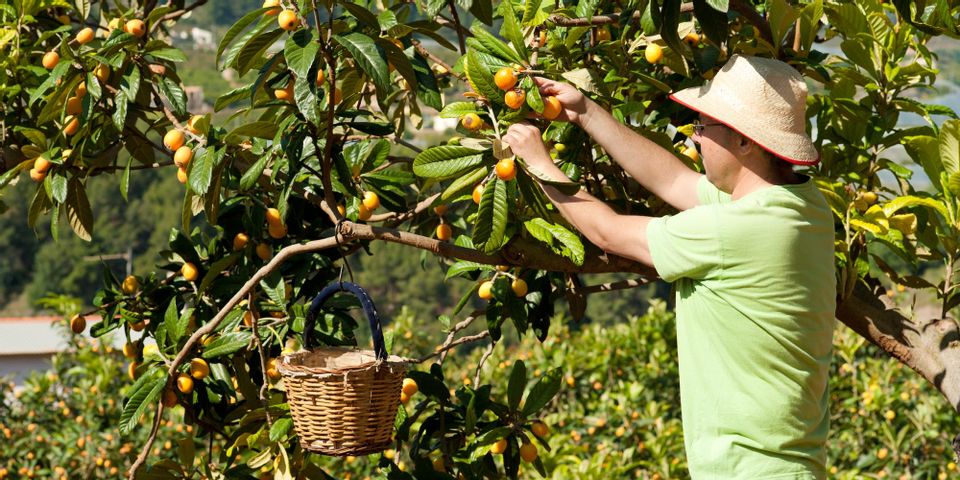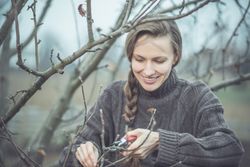
Many Alabama residents grow fruit trees on their property for landscaping purposes, as well as access to fresh apples, pears, and more. Before planting your own, ISA certified arborist professionals recommend understanding the best practices for growing a fruit tree. Here are a few questions you may have.
A Guide to Growing Fruit Trees in Alabama
What types of fruit trees grow best in Alabama?
Many ISA certified arborists recommend growing Dixie Red Delight or Red Rebel apples, European or Baldwin pears, sour cherries, and muscadine grapes. However, since the northern part of the state has a different climate than the southern part, it’s important to pick a fruit that is best suited to where you live. This can be done by matching its chilling requirements to how long the temperature stays between 32 and 45 degrees at your home.
What are the chilling requirements?
Chilling requirements are responsible for ensuring fruit trees undergo the vernalization process, which is the start of the flowering cycle. It’s measured by the number of hours spent between 32 and 45 degrees. When the chilling requirements are met, the growth-regulating promoters increase and the inhibitors decrease, which signals that it’s time to start growing. You can find the chilling requirements for popular Alabama fruit trees on table 2.
When is the best time to plant?
 According to many ISA certified arborists, it depends on where you live. Most of the state falls into the United States Department of Agriculture’s plant hardiness zones 8 and 9. In these zones, you can plant fruit trees in late fall, winter, and early spring. For those in the northern zone 7, conditions are too harsh to plant in fall or winter, so it’s best to wait until spring when the soil is easier to work with.
According to many ISA certified arborists, it depends on where you live. Most of the state falls into the United States Department of Agriculture’s plant hardiness zones 8 and 9. In these zones, you can plant fruit trees in late fall, winter, and early spring. For those in the northern zone 7, conditions are too harsh to plant in fall or winter, so it’s best to wait until spring when the soil is easier to work with.
What kind of tree maintenance is needed after planting?
Water it once every other week or however often is needed so that the soil is moist up to three or four feet deep. That’s the depth most fruit trees’ root systems extend, so this ensures it gets enough water to survive. Apply a fertilizer two feet away from the trunk once every spring, and keep it safe by regularly removing weeds. Tree pruning is also necessary to remove dead branches and prevent the spread of diseases caused by rot.
For more help growing a fruit tree at your Alabama home, contact the ISA certified arborists at Attaway Tree Service in Moody, AL. For more than 40 years, their team has provided local residents with the residential tree services needed to maintain their trees’ health and protect their property. They’ll help you pick the perfect variety of fruit for your home and offer insights to successfully grow it. Schedule a consultation by calling (205) 529-5380 or learn more about their company online.
About the Business
(23 reviews)
Have a question? Ask the experts!
Send your question

